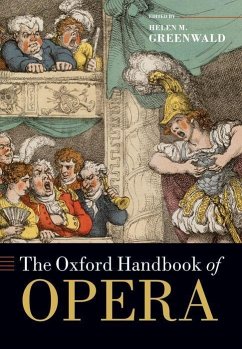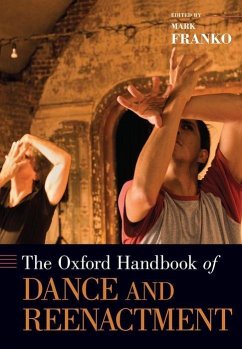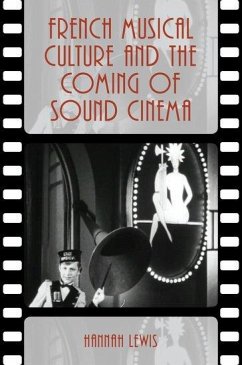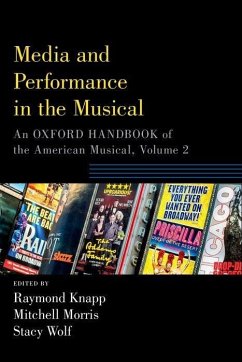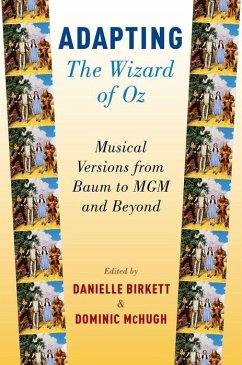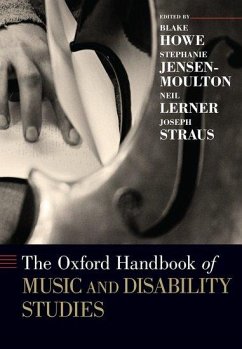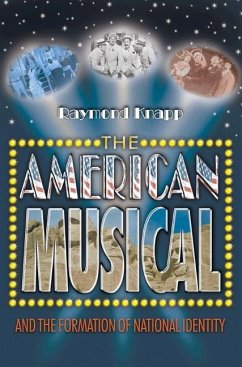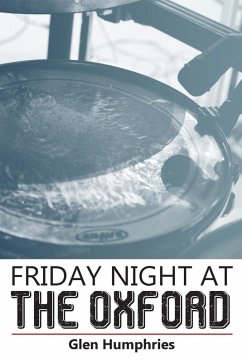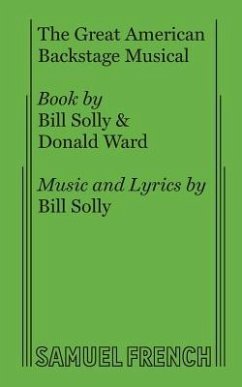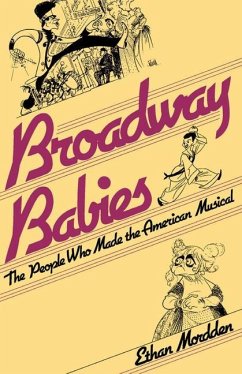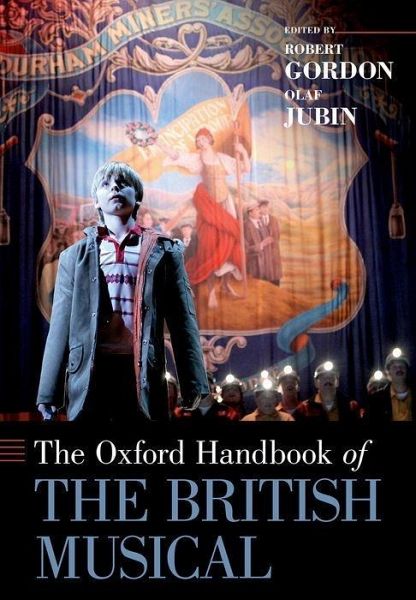
The Oxford Handbook of the British Musical
Versandkostenfrei!
Versandfertig in über 4 Wochen
60,99 €
inkl. MwSt.

PAYBACK Punkte
30 °P sammeln!
The first comprehensive academic survey of British musical theatre from its origins, The Oxford Handbook of the British Musical offers both a historical account of musical theatre from 1728 and a range of in-depth critical analyses of key works and productions that illustrate its aesthetic values and sociocultural meanings.





